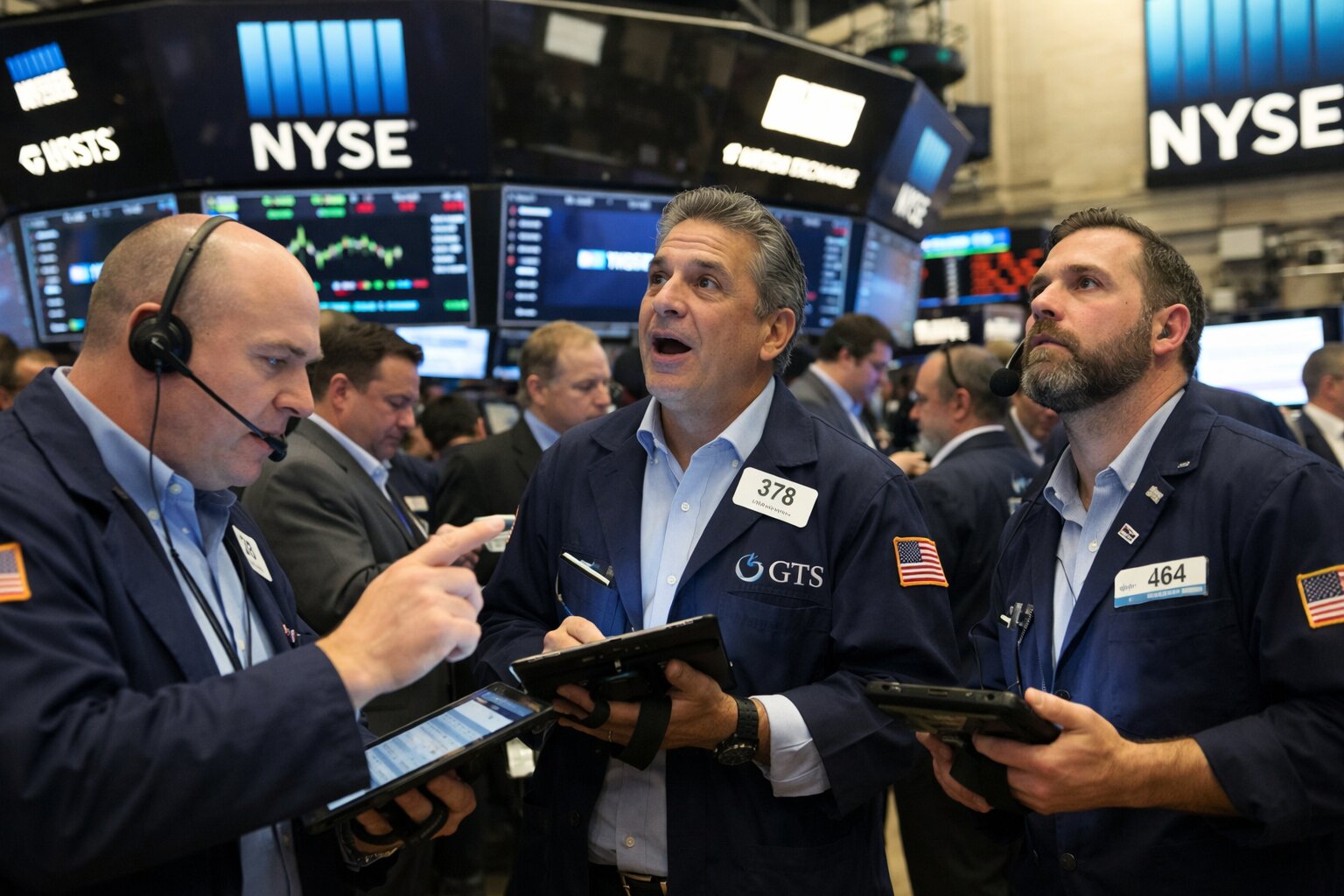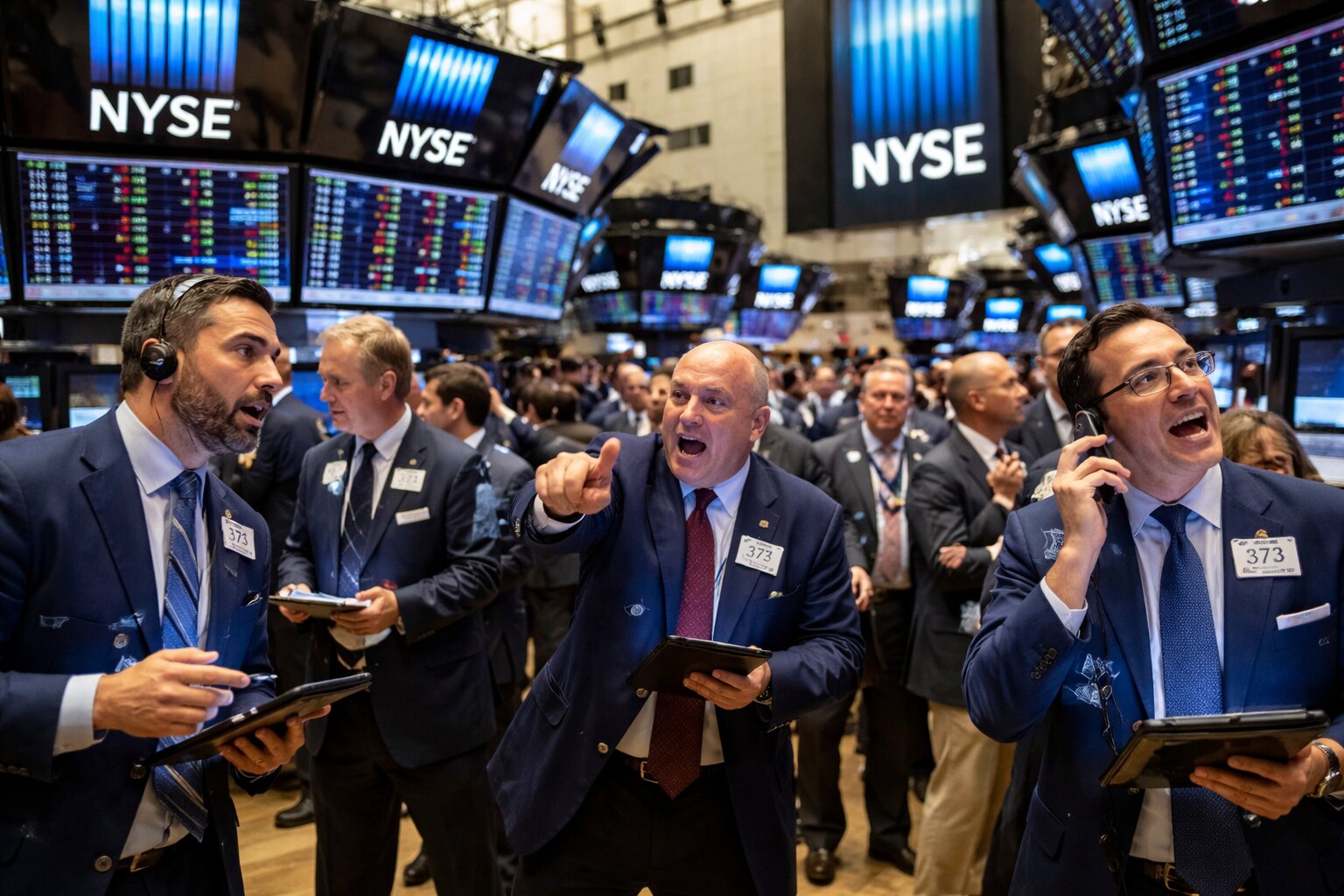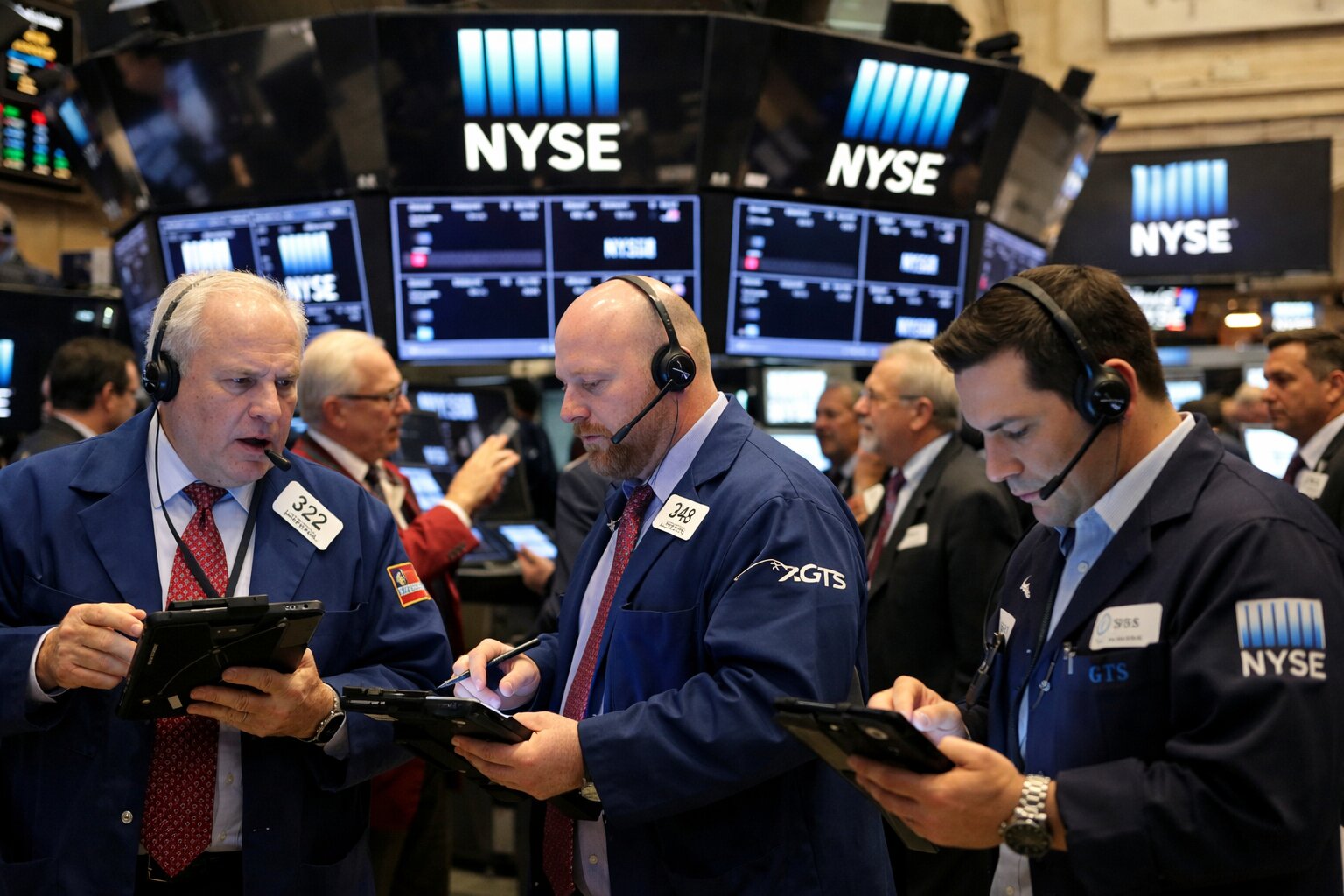
Greece's Election Outlook: A Closer Look at the Surging Greek Bonds and Stocks
Amid Rising Short Bets, Greece's Bonds and Equities Shine in Pre-Election Rally
As Greece approaches a pivotal election, hedge funds have been escalating their bets against Greek government debt, voicing their concerns over potential political instability in the post-election landscape. The short positions in Greek bonds - a strategy where investors borrow these bonds betting on a decline in their prices - have witnessed a significant uptick, reaching a six-year high of over $500 million. According to data from S&P Global Market Intelligence, this surge in shorting activity, while significant, is a sharp contrast to the general positive trend observed in the performance of Greek debt over the current year.
Greek debt has not just held its ground but also outperformed that of its European counterparts this year, a development that led S&P to upgrade its outlook for the country from stable to positive. This positive sentiment has brought Greece to the brink of regaining the investment grade rating it lost over a decade ago. Meanwhile, the risk perceived by investors, as represented by the yield spread between Greek and German 10-year debt, has lessened substantially, narrowing down from more than 2.8 percentage points last October to around 1.5 percentage points this month. This significant contraction in the spread indicates a favorable shift in risk assessment by investors.
It's crucial, however, to contextualize the surge in short positions. Despite this stark increase, the total volume of these positions is a fraction compared to Greece's overall debt standing, estimated at a whopping €400 billion. This vast majority of this debt is held by official entities as opposed to private investors. To offer some historical perspective, during the Greek debt crisis that shook the world a decade ago, short positions against Greek bonds reached a staggering $15 billion at their peak.
Antoine Bouvet, Head of European Rates Strategy at ING, drew attention to this seemingly counterintuitive development in the Greek bond market. He argued that the mounting short positions were flying in the face of the prevailing bullish narrative in Greece, which had seen Greek bonds outperform their Eurozone peers for some time. Bouvet emphasized that the impending election results would play a critical role in determining the future performance of Greek bonds and could potentially disrupt their positive momentum.
This rise in short positions might be due to the hedge funds' jitteriness and reconsideration ahead of the election. However, as Trading News highlights, the lower yields on Greek debt compared to Italy suggest a lack of panic among investors. In fact, Richard McGuire, Head of Rates Strategy at Rabobank, added another dimension to this discussion by pointing out that the yield spread between Greek and Italian bonds has only gone negative once in the past decade. This information provides a hint of reassurance, but investors remain cautious, considering the potential uncertainty that could follow the initial round of voting.
As we shift our attention from the bond to the stock market, Greek stocks are posting impressive gains as we approach the election. A renewed optimism is taking hold as investors bet on the possibility of Greece regaining its investment-grade status through fiscal discipline and economic resilience. The Athens Stock Exchange General Index has surged 22% in 2023, securing the sixth spot out of 92 benchmarks tracked by Bloomberg, outperforming most European markets.
The upcoming election could serve as the latest catalyst for the markets, particularly after ratings agencies suggested that a potential upgrade to investment-grade status will largely hinge on the next government's commitment to maintaining structural reforms and fiscal discipline. The likelihood of a second round of voting may stoke volatility, but so far, the stock rally has been bolstered by a robust economic recovery and a more stable financial sector than during previous crises.
George Lagarias, chief economist at Mazars, commented on Greece's improving economic landscape. He stated, "Greece is slowly clawing back the investment-grade status," drawing attention to the fact that Greek bonds, which were significantly devalued for over two decades, are now regaining their appeal and might soon catch investors' attention.
Barclays strategists echoed these sentiments, expressing their belief that the new government is unlikely to reverse the reforms implemented since 2015. They projected a likely rating upgrade within the next year and highlighted Greece's position as a key beneficiary of fiscal transfers within the Euro area. This could further stimulate both domestic and foreign investment if the government adheres to its reform agenda.
Greek stocks have rebounded strongly from the slump triggered by banking turmoil in March, and the country's leading banks have made strides in reducing bad loans and benefiting from central bank rate hikes. The ASE, however, still trades at a modest eight times its 12-month forward earnings, compared with about 13 for the Stoxx Europe 600 Index. These figures, as pointed out by Thanassis Drogossis, Head of Investment Banking at Pantelakis Securities SA, indicate a considerable scope for further upside, underpinned by an improving economic backdrop and brighter earnings prospects.
Read More
-
GPIQ ETF Price Forecast: Can a 10% Yield at $52 Survive the Next Nasdaq Selloff?
09.02.2026 · TradingNEWS ArchiveStocks
-
XRP ETF Price Forecast: XRPI at $8.32, XRPR at $11.86 as $44.95M Inflows Defy BTC and ETH Outflows
09.02.2026 · TradingNEWS ArchiveCrypto
-
Natural Gas Futures Price Forecast: Will The $3.00 Floor Hold After The $7 Winter Spike?
09.02.2026 · TradingNEWS ArchiveCommodities
-
Stock Market Today: Dow Back Under 50K While S&P 500 and Nasdaq Push Higher as Gold Reclaims $5,000
09.02.2026 · TradingNEWS ArchiveMarkets
-
USD/JPY Price Forecast: Can Bulls Clear 157.5 Without Triggering a 160 Intervention Line?
09.02.2026 · TradingNEWS ArchiveForex



















